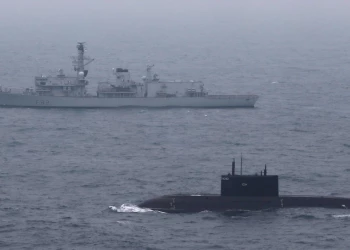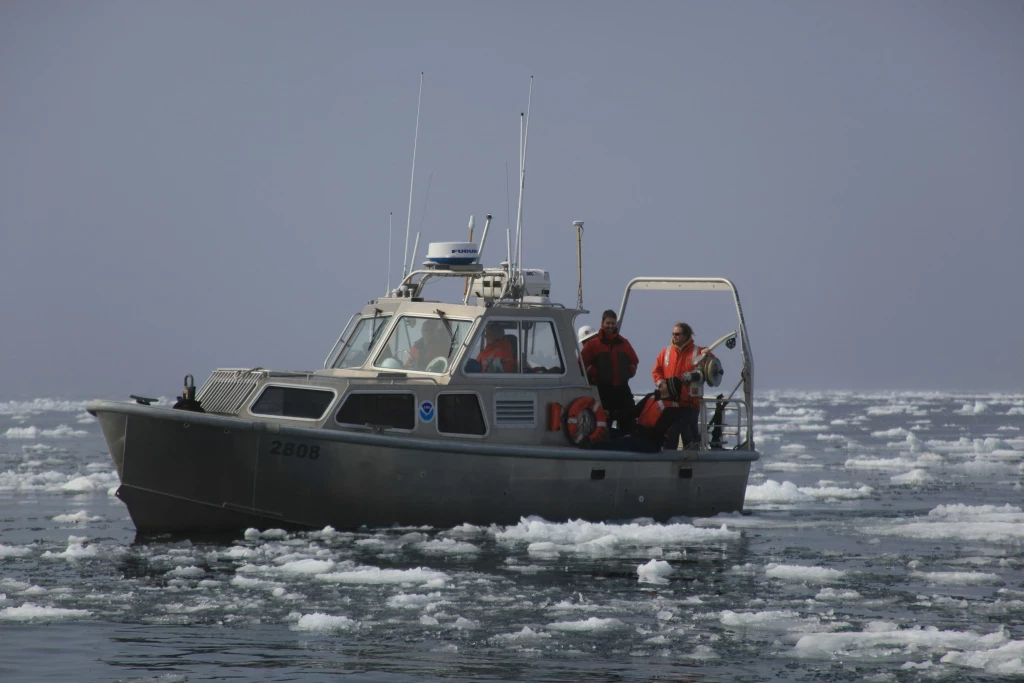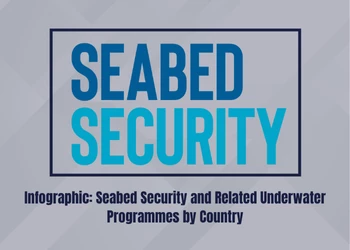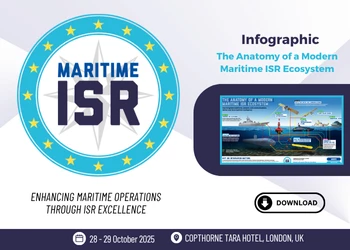"Huge potential" for industry ahead of Danish study on Arctic priorities and future requirements
Add bookmark
Image: forsvaret.dk
Lars Hedemark has recently been appointed Head of the Arctic Project Organisation for the Danish Ministry of Defence. He is currently overseeing the final stages of the Danish Whitepaper that will set out the priorities and requirements for the Danish armed forces in the Arctic, which is due for release in May. Speaking exclusively to Defence IQ, Mr Hedemark said the report would be "a thorough analysis of the Ministry of Defence’s future task execution in the Arctic" and would cover requirements for the expected increases in mining activity, maritime and air traffic, as well as the climactic changes and its consequences.
We spoke to Mr Hedemark ahead of his presentation at the Arctic Patrol and Reconnaissance conference, which is taking place in Copenhagen in June, where he will be speaking about the then released Whitepaper and what opportunities it offers to industry and Arctic stakeholders.
"The financial restrictions we have had to work within [for this Whitepaper] has required us to do some innovative thinking on how to provide the most capability for as little money as possible," Mr Hedemark said.
"Cooperation with our industry partners is particularly important here. We’ve worked closely with various industry partners with respect to all kinds of technologies that can increase our capabilities in the Arctic in some way, including surveillance, communications, transportation, and logistics.
"There is huge potential for public-private partnerships in finding solutions for some of the challenges we face in the Arctic."
[eventpdf]
Other than being responsible for maintaining the Danish sovereignty of the Arctic region, the Danish ministry of Defence is also responsible for traditional civilian tasks such Search and Rescue, maritime environment protection, fishery inspection and a number of other tasks to support the local communities of the Faroe Islands and Greenland. Denmark does not have a Coastguard, so the military has been tasked with looking into requirement for strengthening its "Arctic task execution". Mr Hedemark said that a budget had been assigned to augment Denmark’s Arctic capabilities.
"With this analysis we are looking into being better at using the existing capabilities we have in the Arctic and capitalising on increased cooperation, both across government in Denmark but with our Arctic neighbours and with other stakeholders in the Arctic, such as the European council and inter-Nordic organisations," said Mr Hedemark. "We’re looking into all kinds of increased cooperation agreements in the Arctic that will strengthen the task execution, which will of course include Russia as one of the key Arctic coastal nations."
The Arctic is a security, environmental, and political priority for Denmark; it is explicitly mentioned as a focus in the new government’s strategy. Further, the prime minister has tasked a Danish ambassador with undertaking an analysis of the entire Danish security policy portfolio, including traditional foreign policy. He is to conduct a revision of the overarching security strategy of Denmark, which includes the Arctic. The study that Mr Hedemark hopes to deliver later this year forms part of this broader strategy to prioritise Denmark’s security requirements.
The Whitepaper was given a political mandate in late 2013 with an initial release date set for January 2015. However, general elections in Greenland and Denmark and a subsequent political reshuffle delayed the release while priorities and requirements we re-evaluated. The Arctic Patrol and Reconnaissance conference has been scheduled to take place just after the study is published. Building the new Danish perspectives from the report into the wider regional discussions, the conference promises to advance the themes of cooperation, interoperability, communications and domain awareness.
Along with the study, the conference also coincides with the conclusion of Arctic LIVEX16, which is a full scale exercise planned by Danish Defence, the Danish Emergency Management Authority, and Danish National Police. It is being held in Greenland in the spring to "improve the cooperation between all parties involved in a crisis [for example, search and rescue] situation in Greenland," Bjùrn Bay, the chief of Greenland police, told Defence IQ.
"SAR is normally done very efficiently by the authorities in Greenland together with the whole Greenlandic society – including traditional local fishermen and hunters, recreational boats and hikers, private companies such as Air Greenland and trawlers," said Bay. "But in the case of a major incident, assistance from other countries will often be of great value, especially in very remote parts of Greenland. In these cases knowledge about procedures would be of great value, which hopefully the exercise will give us."
The discussion around the Danish Whitepaper and the Arctic LIVEX16 exercise will provide a unique opportunity for industry to understand priorities and requirements in the region and engage with military leaders at the Arctic Patrol and Reconnaissance conference. Both Lars Hedemark and Bjùrn Bay are speaking at the event in June, which you can find more information about above.






















